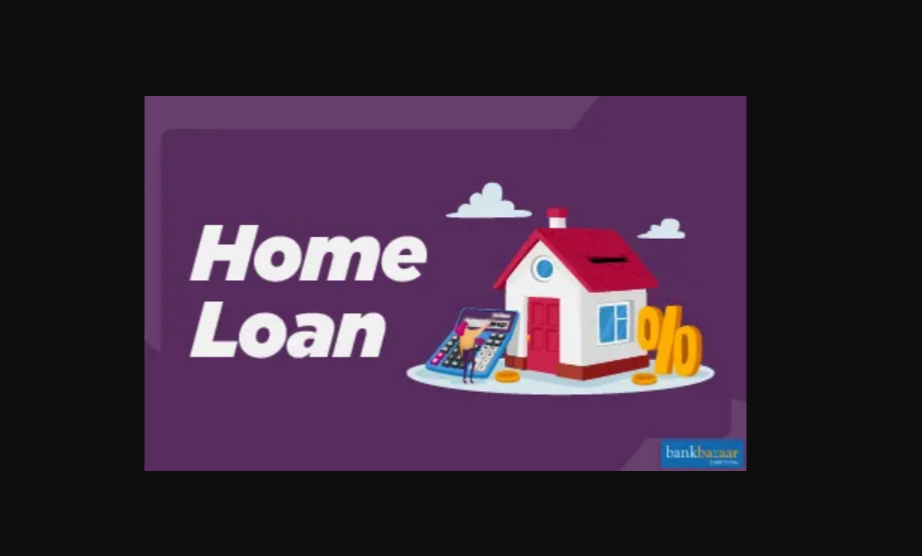Buying a home is one of the most significant financial decisions you’ll ever make, and securing the best home loan rate is crucial for making your dream home affordable. The interest rate on your house loan can significantly impact your monthly payments and the total amount you end up paying over the life of the loan. Therefore, it’s essential to understand how to secure the best possible rate. This post will guide you through practical steps to achieve the lowest home loan rate, ensuring that your dream home is within reach.
Tips to get Lower Home Loan Rates
Here are few of the key factors to consider to get a preferable Home Loan rate:
Maintain a Strong Credit Score
Your credit score is one of the most critical factors that banks consider when determining your home loan rate. A higher credit score indicates that you are a responsible borrower, making lenders more willing to offer you a lower interest rate.
To improve your credit score, pay your bills on time, reduce your debt, and avoid opening new credit accounts in the months leading up to your house loan application.
If your credit score is currently low, consider taking steps to improve it before applying for a home loan. Even a slight increase in your credit score can make a significant difference in the interest rate you’re offered, potentially saving you thousands over the life of the loan.
Opt for a Shorter Loan Tenure
The tenure of your Housing loan also plays a significant role in determining the interest rate. Generally, shorter loan tenures come with lower interest rates because lenders face less risk over a shorter period. While shorter tenures mean higher monthly payments, they also reduce the overall interest you pay, making the loan more affordable in the long run.
If you can afford the higher monthly payments, opting for a 15-year loan instead of a 30-year loan could save you a substantial amount of money. Additionally, lenders may offer more favourable terms for shorter loans, further reducing your costs.
Consider a Larger Down Payment
Making a larger down payment can also help you secure a better home loan rate. A larger down payment reduces the lender’s risk by lowering the loan amount relative to the value of the property. This lower loan-to-value ratio (LTV) often results in a lower interest rate.
If you have the financial means, consider putting down more than the minimum required amount. While this requires more upfront cash, the long-term savings from a lower interest rate can be significant. Additionally, a larger down payment can also reduce or eliminate the need for private mortgage insurance (PMI), further lowering your monthly costs.
Lock in Your Interest Rate
Once you’ve found a competitive home loan rate, consider locking it in to protect yourself from potential rate increases. Interest rates can fluctuate daily, and a rate lock ensures that you’re guaranteed the rate you were offered, even if rates rise before your loan closes. Most lenders offer rate locks for 30 to 60 days, but some may offer longer periods for an additional fee.
Before locking in your rate, make sure you’re confident in your choice of loan and loan terms. While rate locks provide protection, they also prevent you from benefiting if rates drop during the lock period. If you expect rates to decline, discuss the possibility of a “float-down” option with your lender, which allows you to take advantage of lower rates if they become available.
Conclusion
Securing the best home loan interest rate is key to making your dream home a reality without breaking the bank. By maintaining a strong credit score, comparing different loan options, negotiating offers from your lender and other aspects outlined in this guide , you can ensure that you get the most favourable terms for your house loan.
Taking these steps not only helps you save money but also provides peace of mind, knowing that your financial future is secure. Your dream home is within reach, and with the right strategies, you can achieve it with a loan that fits your budget perfectly.




